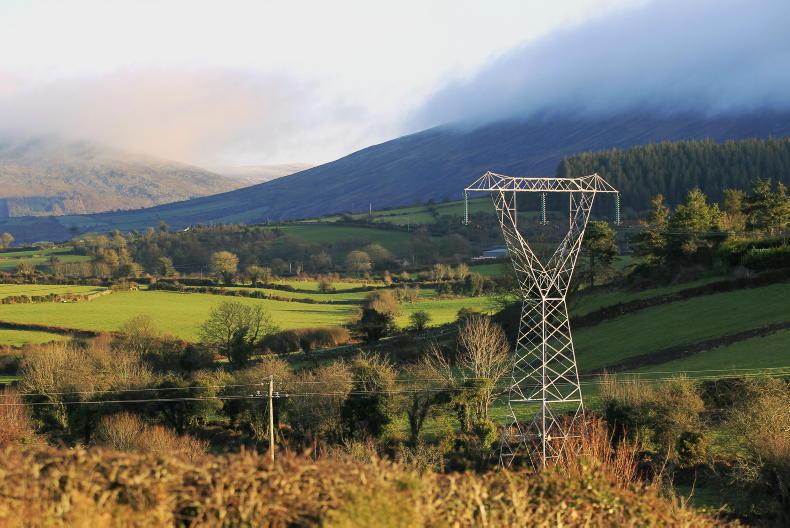A Wexford farmer had his sizeable bank debts restructured and written down this week after the High Court approved his Personal Insolvency Arrangement (PIA).
The farmer retains his farm but must sell off some investment properties and use the proceeds to repay the reduced debts, by deadlines set by the Court.
This case was held in the High Court because the total sums owed by the farmer were over the threshold of €2.5m. The farmer has total debts of almost €3.2m.
This was the first such PIA involving a farmer that has been held in the High Court and could prove to be a landmark case for future farm debt cases.
The debts included €284,859, which was originally borrowed from Ulster Bank and secured on the farm. In time, this debt was sold by Ulster Bank to vulture fund Promontoria Oyster DAC, part of a package of underperforming loans.
Under the PIA, this debt remains in place and the farmer must pay it back in full to Promontoria by an agreed date.
The farmer has 36 months to complete some partially-built investment properties, the proceeds from which will be used to repay his debts. The sale of the properties is expected to raise €385,000. The farmer will also submit part of his pension to repay his debts.
In addition, the farmer owed some €1.5m on a mortgage he had taken out to make off-farm investments.
This debt was acquired by vulture fund Start Mortgages DAC. It is now written down by over €700,000 to €400,000, which again the farmer must repay by agreed deadlines.
The farmer had attempted to negotiate himself with his creditors but was unsuccessful. A receiver was appointed over 31ac of his land by Promontoria and attempts were made to put this land up for sale.
The farmer then sought a PIA from personal insolvency practitioner Gary Digney, of PKF-FPM Accountants, Balbriggan. He also negotiated with the vulture funds on the farmer’s behalf. Promontoria rejected this proposed PIA and the farmer then appealed this refusal to the High Court.
Digney said that the plan put forward and the negotiations that took place were very complex and were similar to the examinership process that some commercial companies undergo when in financial difficulties. Digney said he was pleased with the outcome of the High Court case.
PIAs were introduced in 2012 but are only now starting to be used in farm debt cases. They have more commonly been used to protect a family home. A small number of PIAs were previously approved by courts where a farmer and their creditors had agreed repayment terms. A number of other PIA cases involving significant bank debt and farmers will be coming up in courts in the coming months.
What is a Personal Insolvency Arrangement?
In the past, if you were insolvent – you were unable to pay your debts or meet your liabilities – bankruptcy was the only formal mechanism available for you to settle your debts and get protection from your creditors.
However, the Personal Insolvency Act 2012 introduced three new debt resolution mechanisms for people who cannot afford to pay their personal and mortgage debts.
One of these, the Personal Insolvency Arrangement (PIA), provides for the agreed settlement of secured debt up to a limit of €3m and an unlimited amount of unsecured debt. A PIA will run over a period of six years, or possibly seven.
The PIA must be conducted through a personal insolvency practitioner, you must be able to make some repayments to your creditors in return for a discount of your debts and it needs the agreement of creditors representing at least 65% of your debt.






 This is a subscriber-only article
This is a subscriber-only article










SHARING OPTIONS: